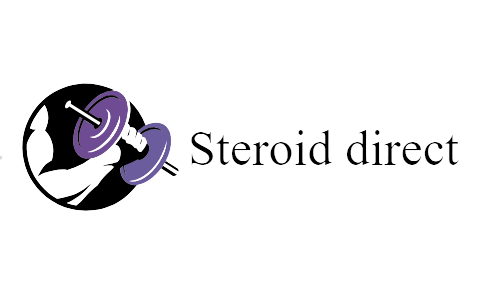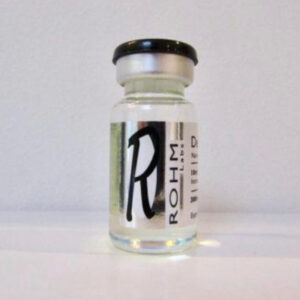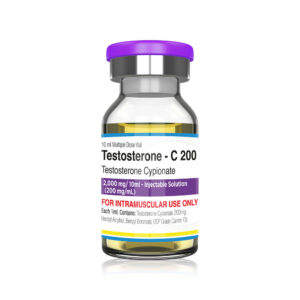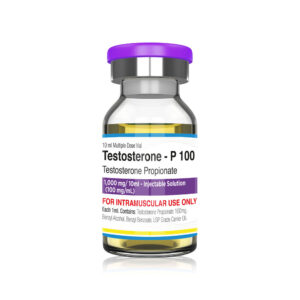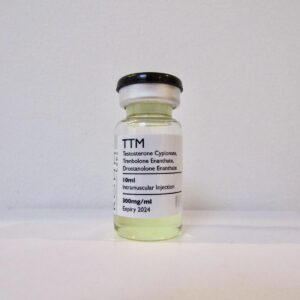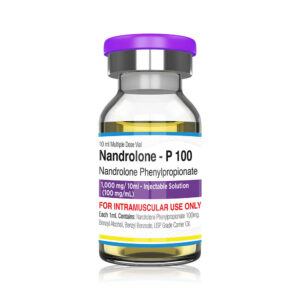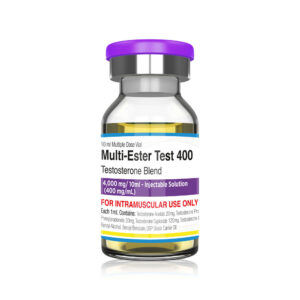Diazepam Drug Classification:
Benzodiazepine
Active Substance: Diazepam
Form: 10mg x 30 tablets
Active Half-Life: 20-50 hours
Acne: No
Water Retention: No
Hbr: No
Hepatotoxicity: Low
Aromatization: No
What is Pharmaceutical Diazepam (Valium) 10mg ?
Diazepam, commonly known by its brand name Valium, is a benzodiazepine medication used to treat a variety of conditions including anxiety, muscle spasms, seizures, and alcohol withdrawal symptoms. It works by enhancing the effects of a certain natural chemical in the body (GABA), which produces a calming effect on the brain and nerves. Diazepam is also used as a premedication for inducing sedation, anxiolysis, or amnesia before certain medical procedures. Available in 10mg tablets, Diazepam is effective in providing relief from acute anxiety and tension.
Recommended Dosage for Pharmaceutical Diazepam (Valium) 10mg:
The dosage of Diazepam varies depending on the condition being treated, the severity of the symptoms, and individual patient response. For adults, the typical dosage for anxiety ranges from 2 to 10mg taken 2 to 4 times daily. For muscle spasms, the usual dose is 2 to 10mg taken 3 to 4 times daily. Always follow the prescribed instructions provided by your healthcare provider.
How Does Pharmaceutical Diazepam (Valium) 10mg Work?
Diazepam works by enhancing the activity of gamma-aminobutyric acid (GABA), a neurotransmitter in the brain that inhibits nerve transmission in the central nervous system. By increasing GABA activity, Diazepam produces a calming effect, reduces the severity of anxiety and muscle spasms, controls seizures, and induces sedation.
Benefits of Taking Pharmaceutical Diazepam (Valium) 10mg :
- Provides effective relief from anxiety and acute stress.
- Reduces muscle spasms and associated discomfort.
- Controls seizures in various forms of epilepsy.
- Alleviates symptoms of alcohol withdrawal.
- Can be used as a sedative before medical procedures.
Uses of Diazepam 10mg:
- Treatment of anxiety disorders.
- Management of muscle spasms.
- Control of seizure disorders.
- Relief from symptoms of acute alcohol withdrawal.
- Sedation before medical procedures.
- Treatment of certain types of sleep disorders.
Side Effects of Diazepam 10mg:
- Common: Drowsiness, fatigue, muscle weakness, dizziness, dry mouth.
- Serious: Severe allergic reactions, difficulty breathing, severe drowsiness or confusion, unusual mood changes or thoughts.
- Less common: Memory problems, blurred vision, nausea, and constipation.
When Should You Take Pharmaceutical Diazepam (Valium) 10mg?
Diazepam should be taken as prescribed by your healthcare provider. For anxiety or muscle spasms, it is usually taken several times a day, while for seizures or alcohol withdrawal, it might be taken more frequently. It is important to take Diazepam exactly as directed to avoid potential dependence or adverse effects.
When Should You Not Take Pharmaceutical Diazepam (Valium) 10mg?
Do not take Diazepam if you have a known hypersensitivity to it or other benzodiazepines. It is also not recommended for individuals with severe liver disease, sleep apnea, myasthenia gravis, or severe respiratory insufficiency. Pregnant or breastfeeding women should consult a healthcare provider before using this medication due to potential risks to the fetus or infant.
What is the Mechanism of Pharmaceutical Diazepam (Valium) 10mg?
Diazepam enhances the activity of the neurotransmitter GABA in the brain, which has an inhibitory effect on neuronal excitability. This action results in a calming effect on the central nervous system, reducing anxiety, muscle spasms, and seizure activity, and promoting sedation.
Warnings and Precautions for Diazepam 10mg:
- Use caution when driving or operating heavy machinery until you know how Diazepam affects you.
- Avoid alcohol and other CNS depressants while taking Diazepam.
- Inform your healthcare provider of any history of substance abuse, depression, or other mental health conditions.
- Do not abruptly stop taking Diazepam without consulting your healthcare provider due to the risk of withdrawal symptoms.
- Regular monitoring may be required for long-term use to prevent dependency and assess effectiveness.
Drug Interactions of Diazepam:
Diazepam can interact with several medications, including other CNS depressants (such as opioids and alcohol), certain antidepressants, anticonvulsants, and antifungal medications. Inform your healthcare provider of all medications and supplements you are taking to avoid potential interactions.
Storage for Diazepam 10mg:
Store Diazepam tablets at room temperature, away from moisture, heat, and direct light. Keep the medication in its original packaging and out of reach of children and pets. Proper storage ensures the medication remains effective until its expiration date.
Where to Buy Diazepam 10mg?
Diazepam 10mg tablets can be purchased from licensed pharmacies with a prescription from a healthcare provider. It is also available from reputable online pharmacies, including Steroid Direct UK. Ensure you are buying from a trusted source to guarantee the authenticity and quality of the product.
Frequently Asked Questions:
- Can I take Diazepam with food?
Yes, Diazepam can be taken with or without food. Taking it with food may help reduce stomach upset. - How long does it take for Diazepam to work?
Diazepam typically starts working within 30 to 60 minutes, with its effects lasting several hours. - Can I become dependent on Diazepam?
Yes, long-term use of Diazepam can lead to physical and psychological dependence. It is important to use it only as prescribed by your healthcare provider. - What should I do if I miss a dose?
If you miss a dose, take it as soon as you remember, unless it is almost time for your next dose. Do not double up doses to make up for the missed one. - Is Diazepam safe for long-term use?
Long-term use of Diazepam should be monitored by a healthcare provider to manage any potential side effects or risk of dependency.
